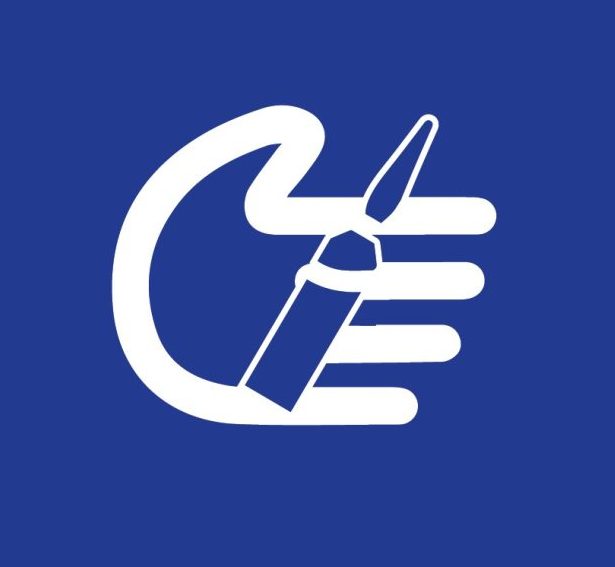The Case of Christina Aistrup Hansen
Country: Denmark
Overview: Christina Aistrup Hansen, a Danish nurse, was convicted of killing patients at the Nykøbing Falster Hospital. This case garnered significant attention due to the nature of the crimes and the setting in a small Danish town.
Method: Hansen used powerful medications, including morphine and diazepam, to induce fatal overdoses in her patients. These drugs are commonly used for pain management and anxiety relief but can be lethal in high doses.
Victims: The crimes took place between 2012 and 2015. Hansen was initially charged with the murder of three patients and the attempted murder of a fourth. Her actions were discovered after colleagues noticed unusual patterns and high mortality rates during her shifts.
Investigation and Trial: The investigation revealed that Hansen had administered fatal doses of medication to her patients. Colleagues became suspicious due to the high number of deaths occurring during her shifts and the presence of drugs in the victims’ systems that had not been prescribed at such levels.
During the trial, it was suggested that Hansen may have been seeking attention and admiration for her supposed life-saving abilities, a phenomenon sometimes referred to as Munchausen syndrome by proxy when it involves medical professionals harming patients to appear heroic.
Outcome: In June 2016, Christina Aistrup Hansen was found guilty of three counts of murder and one count of attempted murder. She was sentenced to life imprisonment. The court concluded that she had deliberately administered lethal doses of medication to vulnerable patients, leading to their deaths.
Impact: The case shocked Denmark and led to increased scrutiny of hospital procedures and the monitoring of medical staff. It highlighted the need for better oversight and control mechanisms to prevent healthcare professionals from abusing their positions of trust.
This case underscores the importance of robust systems like PreVender in ensuring controlled dispensing and real-time monitoring of medications, which can help prevent similar tragedies by providing detailed logs and alerts for unusual activities.
